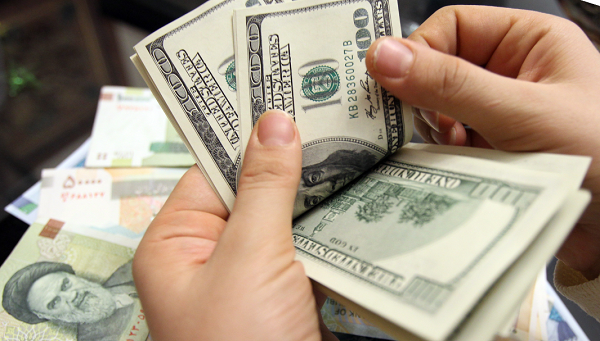Millennials And Money: Living At Home And Depressed By The Economy

The Great Recession of 2008 is still having an impact on millennials, and they have a bleak outlook on the future because of it, according to a survey by Ernst & Young and Economic Innovation Group. The survey, which questioned 1,200 United States residents born in 1980 and after, found that more millennials in the U.S. were not just anxious about their futures but were still living at home and were pessimistic about the economy as a result of the Great Recession.
Roughly 30 percent of millennials surveyed were still living at home with their parents. The number increased to 40 percent when it came to single millennials, which seems to be in line with a Pew Research Center analysis that said the majority of U.S. residents between 18 and 34 years old were still living with their parents in 2014 – a first since the 1940s. Another report issued by the Organization for Economic Cooperation and Development on Wednesday said countries like Italy, Greece, Slovenia and France also saw an increase in young adults still living under their parent’s roof because of the aftereffects of the Great Recession.
Of all the surveyed participants, 35 percent reported they were making enough money to cover their expenses while 30 percent admitted they were not able to cover expenses under their current pay scale. Only six percent of participants were making more money than needed to cover their expenses. About 63 percent of the participants said they would have trouble paying off an unexpected $500 expense.
Although 64 percent still believed it was important to spend money on furthering their education, 78 percent were uncertain they’d have access to good-paying jobs. Roughly 32 percent of millennials still believe their community is suffering from the recession, but despite the economic burden many of them are facing in the U.S., 84 percent were still proud to be an American.
© Copyright IBTimes 2025. All rights reserved.






















